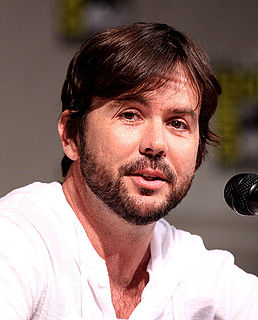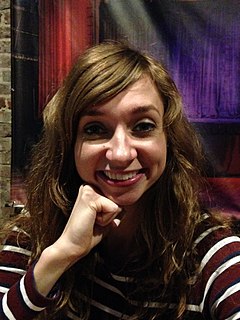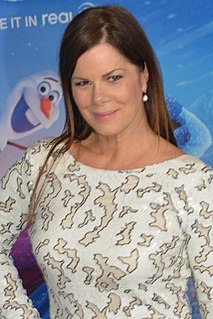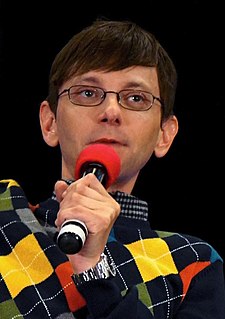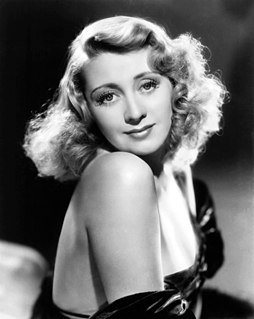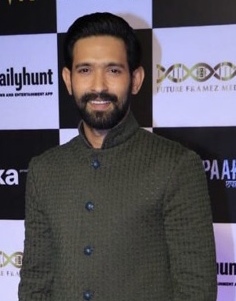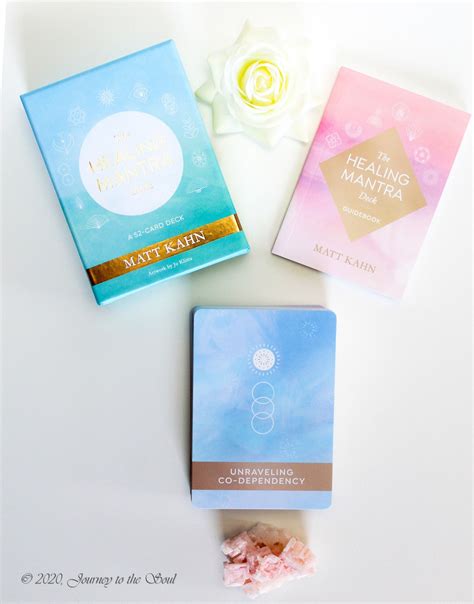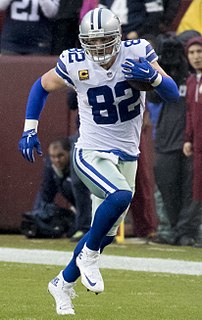A Quote by Jason Gann
The moment I do any puppy dog acting, I think the joke is dead. It's in the truth of how I play it, and the real painful honesty that I approach my performance with.
Related Quotes
I lose faith every time I have to start a new page, and this is no joke. I've occasionally been criticized over the past couple of years for publicly "complaining" about how difficult drawing comics is, yet I've only mentioned it so that the younger cartoonists who are trying it out and finding it difficult and painful realize that they're not alone. There's not really any set way of learning how to do this, and it's always a struggle to improve, and, more importantly, see accurately whether or not one's work is communicating any shred of feeling or truth at all.
Opposition to the truth is inevitable, especially if it takes the form of a new idea, but the degree of resistance can be diminished- by giving thought not only to the aim but to the method of approach. Avoid a frontal attack on a long established position; instead, seek to turn it by flank movement, so that a more penetrable side is exposed to the thrust of truth. But, in any such indirect approach, take care not to diverge from the truth- for nothing is more fatal to its real advancement than to lapse into untruth.
People create the illusion of acting natural, which is what I think most documentarians do in part because of the direct cinema orthodoxies that came into play really in the '60s. That moment of performance is a tremendous opportunity to make visible something hitherto invisible, which is how people want to be seen. How do they see themselves? What are the scripts, fantasies, genres by which they imagine themselves? How is storytelling part of what we are as human beings? We wouldn't kill each other en masse if it weren't for storytelling. We wouldn't be able to live with ourselves.
One of the most commonly overlooked spiritual practices is daring to be completely honest with everyone you encounter. Some may say others cannot handle their honesty, but true honesty is not a strategy or a weapon of any kind. It is the willingness to be open and absolutely transparent in sharing how any moment feels in your heart. It has nothing to do with confrontation, accusation, or any form of blame. True honesty is the willingness to stand completely exposed, allowing the world to do what it may, and say what it will, only so you may know who you are - beyond all ideas.
Ethan [Hawke] just - they got along great. He got to act with a dog, for real, and it felt like Jumpy was acting with him. It was a surreal thing to watch. When you watch the movie [Valley of Violence], you just kind of accept it. But if you do think about how we show - there's a dog and a movie star interacting - and you buy it. That's crazy.
My belief about performance capture is that it's a technology which allows actors to play extraordinary characters. But from an acting perspective, I've never drawn a distinction between playing a conventional, live action character and playing a role in a performance capture suit. And from a purely acting point-of-view, I don't believe there should be a special Oscar category because I think it sort of muddies the waters in a way.
